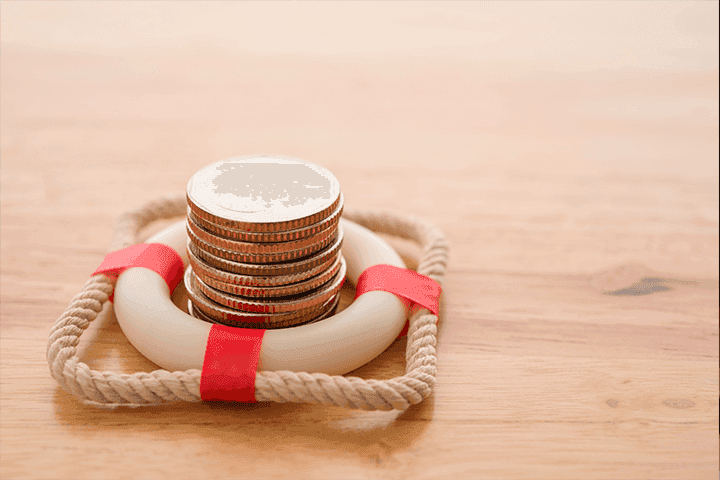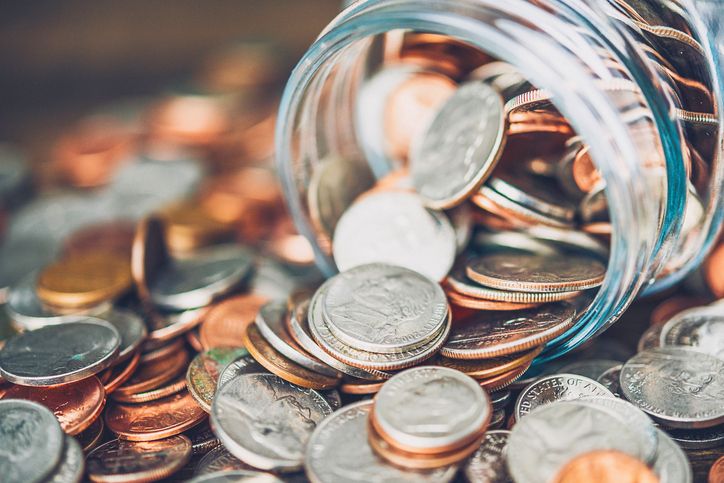
1. Make a shopping list and stick to it
One of the best ways to save money on shopping is to make a list and stick to it. This will help you avoid buying unnecessary things and keep track of your spending.
Before you go to the grocery store, make a detailed list of what you need to buy. Include everything you need for your meals and other essentials. Once you're at the store, be sure to follow the list and avoid buying things that aren't on it.
Also, if you are on a limited budget, try to buy generic products or cheaper brands instead of name brands. Often, generic products are just as good as name brands, but cost much less.
Remember that making a list and sticking to it not only helps you save money, but also allows you to better plan your meals and avoid wasting food at the end of the day.
2. Buy generic products
An effective way to save money in everyday life is to buy generic products instead of name brands. Generic products are usually cheaper and offer comparable quality to name brands.
Examples of generic products include food, medicines, cleaning supplies and electronics. It is important to read labels and compare prices to find the best generic products on the market.
It is also important to keep in mind that generic products may have different names or brands depending on the country or region. Therefore, it is advisable to do your research before making a purchase to make sure you get the best price and quality.
3. Avoid eating out frequently
Eating out may be a temptation, but it is one of the easiest ways to spend money unnecessarily. While it's nice to eat out with friends or family once in a while, eating out frequently can be very costly.
Instead of eating out, try cooking at home. Not only will you save money, but you will also have more control over what you eat and can make sure you are eating healthy, nutritious food.
If you don't have time to cook every day, try preparing meals in bulk and freezing them for later use. You can also plan your meals ahead of time to make sure you have all the necessary ingredients at home.
4. Save energy at home
One of the most effective ways to save money at home is to reduce energy consumption. Here are some tips:
- Change incandescent bulbs for LEDs, which last longer and consume less energy;
- Unplug electronic devices when you are not using them, as they continue to consume energy in stand-by mode;
- Take advantage of natural light and avoid turning on lights during the day;
- Do not leave appliances on if you are not using them, such as the television or computer;
- Wash clothes in cold water and dry them outdoors when possible;
- Use thick curtains to better insulate your home from the cold in winter and the heat in summer.
By following these tips, you will not only be saving money on your electricity bill, but also contributing to the care of the environment. Start putting them into practice today!
5. Buy in bulk whenever possible
Buying products in bulk can be a great way to save money in everyday life. By buying in bulk, you can get discounts and lower unit prices.
In addition, buying in bulk reduces the amount of containers and packaging used, which is also beneficial to the environment.
Some products that can be purchased in bulk include non-perishable foods such as rice, pasta, legumes and nuts. Bulk cleaning products and personal hygiene items can also be found in some specialty stores.
It is important to keep in mind that it is not always more economical to buy in bulk, especially if you are not going to use all of the product before it expires. Therefore, it is important to calculate how much you need and compare prices before making a bulk purchase.
6. Control unnecessary expenses
One of the biggest obstacles to saving money is spending on things that are not really necessary. To avoid this, it is important to make a list of monthly expenses and analyze which ones are really indispensable and which ones can be reduced or eliminated.
It is also important to establish a budget and stick to it. If you are tempted to spend on something that is not within your budget, it is better to postpone the purchase and think about whether it is really worth it.
Another way to control unnecessary spending is to avoid impulse purchases. Before buying something, it is important to think about whether you really need it and whether you can find it at a lower price elsewhere.
Finally, it is important to be attentive to offers and promotions, but without falling into the trap of buying something just because it is on sale. It is better to evaluate if you really need it and if the discount is worth it.
7. Recognize the value of money and set financial goals
It is important to understand that money does not grow on trees and that every penny counts. Recognizing the value of money helps us to be more aware of our spending and make smarter financial decisions.
To achieve this, it is necessary to set clear financial goals. Do you want to save for a trip? Do you want to pay off your debts? Do you want to invest in your education? Whatever your objective, setting goals will help you stay on track and not lose sight of what really matters.
Remember that saving doesn't mean depriving yourself of everything, but finding a balance between your needs and wants. Learn to differentiate between what you really need and what you simply want.
8. Take advantage of discounts and promotions
One of the best ways to save money is to be aware of promotions and discounts offered by stores and establishments. Many times, these discounts can be significant and allow you to save a good amount of money on your purchases.
To make the most of these opportunities, it is important that you are informed about the current offers in the places where you usually shop. You can subscribe to e-newsletters or follow the social networks of your favorite stores to find out about promotions.
It is also advisable to plan your purchases in advance and wait for special dates such as Black Friday or Cyber Monday to make large purchases with significant discounts.
Remember to always compare prices and don't get caught up in the excitement of the deal. Sometimes, even if it seems like you're getting a great discount, the final price may still be higher than elsewhere.
Taking advantage of discounts and promotions can be a great way to save money in everyday life, as long as you do it in a smart and planned way.
9. Use public transportation or walk instead of driving
A simple way to save money in everyday life is to use public transportation instead of driving your own car. Not only will this save you money on gas and vehicle maintenance, but it will also reduce your carbon footprint and contribute to a healthier environment.
Another option is to walk or ride a bike if the distance is short. Besides being an economical option, it's also a healthy way to stay fit and active.
If you must drive, try carpooling with friends or co-workers to reduce fuel costs and wear and tear on the vehicle.
10. Use public libraries and free services instead of buying everything you need
One way to save money is to use public libraries instead of buying books, magazines or movies. In addition, many libraries offer other free services, such as Internet access, workshops and cultural programs.
It is also possible to find free services online, such as text or image editing programs, online learning platforms and financial management tools.
Making use of these resources can help reduce monthly expenses and help you live a more economical life without sacrificing quality of life.






